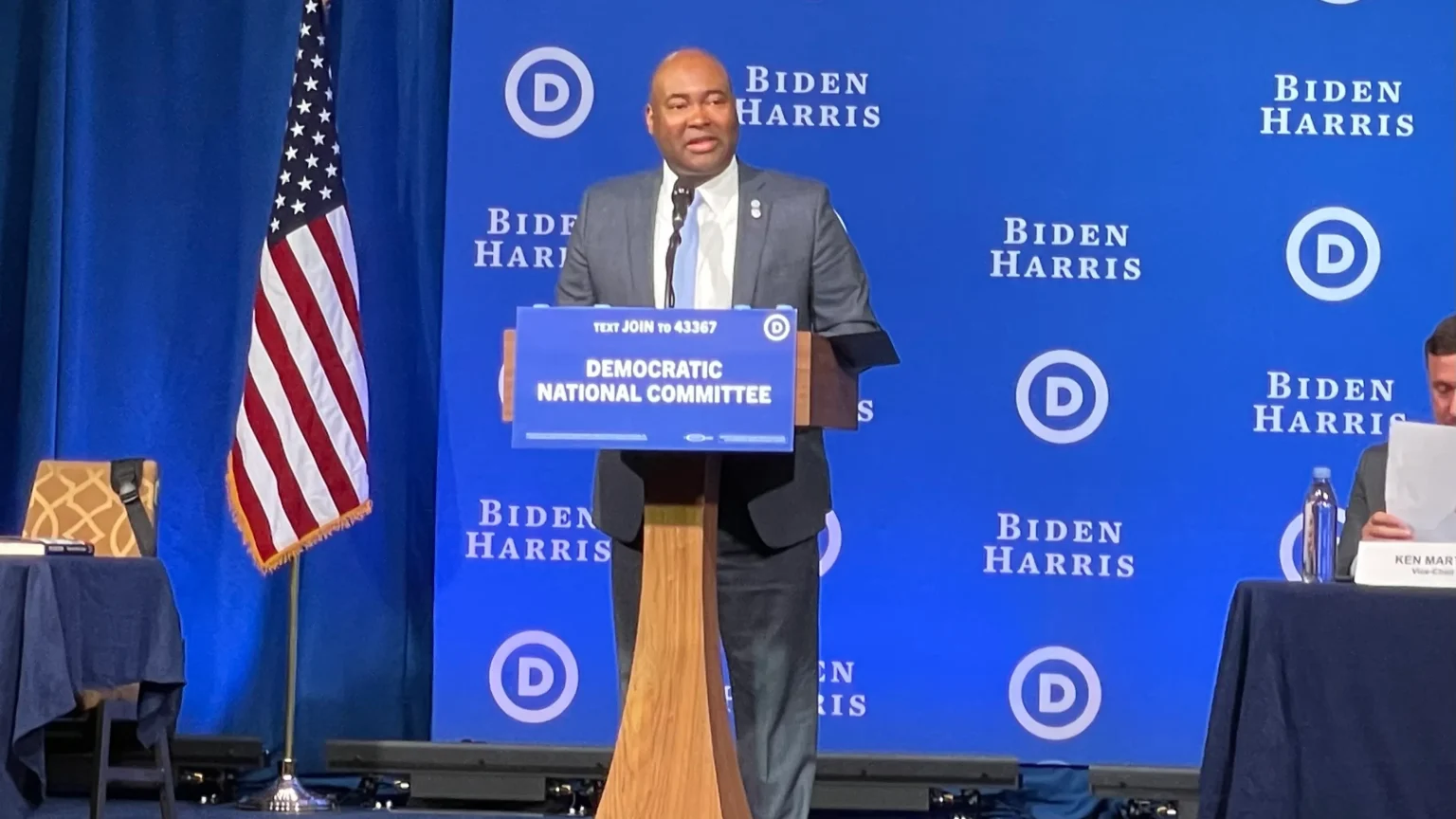The Democratic National Committee is currently in the midst of a wide-open race to choose a new leader following the disappointing results of the 2024 elections. Several candidates have announced their intention to run for chair, including Ben Wikler, a veteran Democratic Party leader from Wisconsin, former Maryland Senate candidate Robert Houton, and New York state Sen. James Skoufis. Other candidates in the running are former Maryland governor and presidential candidate Martin O’Malley and Minnesota Democratic-Farmer-Labor Party chair Ken Martin. The field of contenders is expected to grow as the party looks to rebound after their losses in recent elections.
The candidates vying to lead the DNC all bring different backgrounds and perspectives to the race. Skoufis, an outsider in the world of national party politics, emphasizes the need for the Democrats to listen to voters and rebuild in order to start winning again. Martin highlights his success in reviving the Minnesota Democratic Party and promises to bring those same skills to the national level. O’Malley focuses on connecting with everyday Americans and addressing economic issues in order to create a more hopeful future. The next chair will be chosen by the approximately 450 voting members of the national party committee at the beginning of February at the DNC’s winter meeting.
Despite the early frontrunner status of Ken Martin with over 150 endorsements from voting members, Ben Wikler is also considered a strong contender due to his recognition by the DNC membership. The race for DNC chair is expected to be close, with several high-profile figures, such as former Chicago mayor Rahm Emanuel, former New York State assembly member Michael Blake, Michigan state Sen. Mallory McMorrow, and Democratic strategist Chuck Rocha, expressing interest in running. The next chair will face the challenge of rebuilding the party’s electoral coalition and reaching a diverse range of voters to compete with the Republicans.
One DNC voting member emphasized the need to return to a 50-state strategy in order to engage with a broader range of working-class voters, including Latinos, African Americans, and voters of color. In addition, the DNC will need to focus on expanding and deepening their communication platforms to effectively compete with the Republicans. The race for DNC chair represents a pivotal moment for the Democratic Party as they seek to regroup and position themselves for future electoral victories. With a diverse field of contenders and a wide range of perspectives, the party faces the task of uniting behind a new leader to steer them towards success in the upcoming elections.

